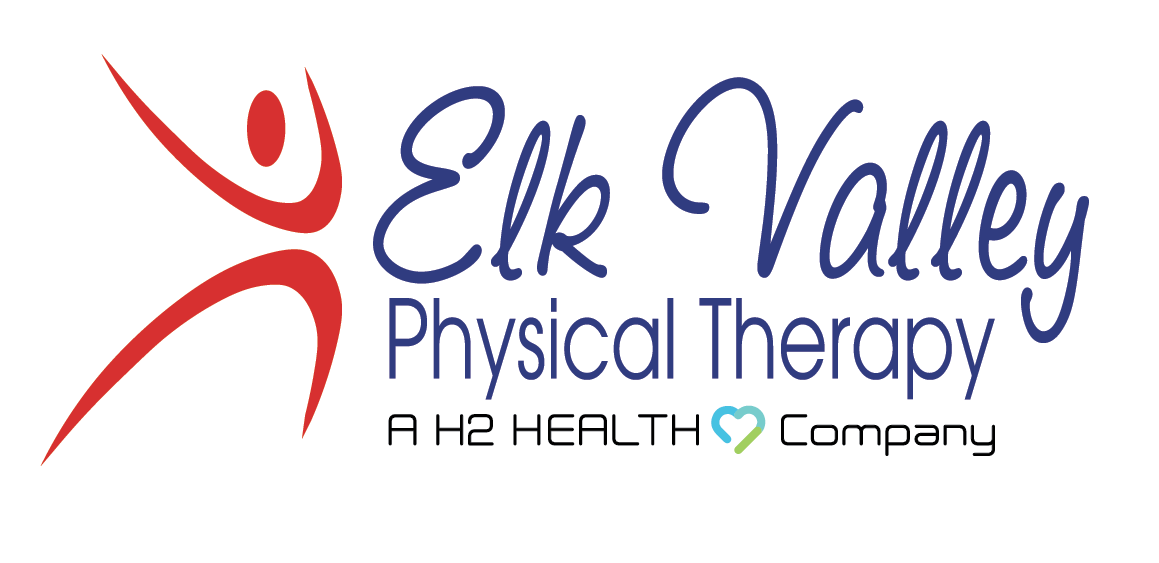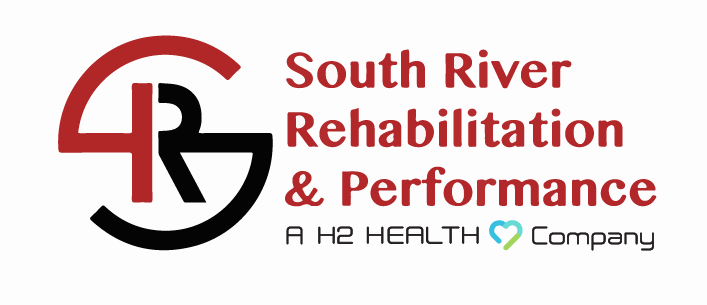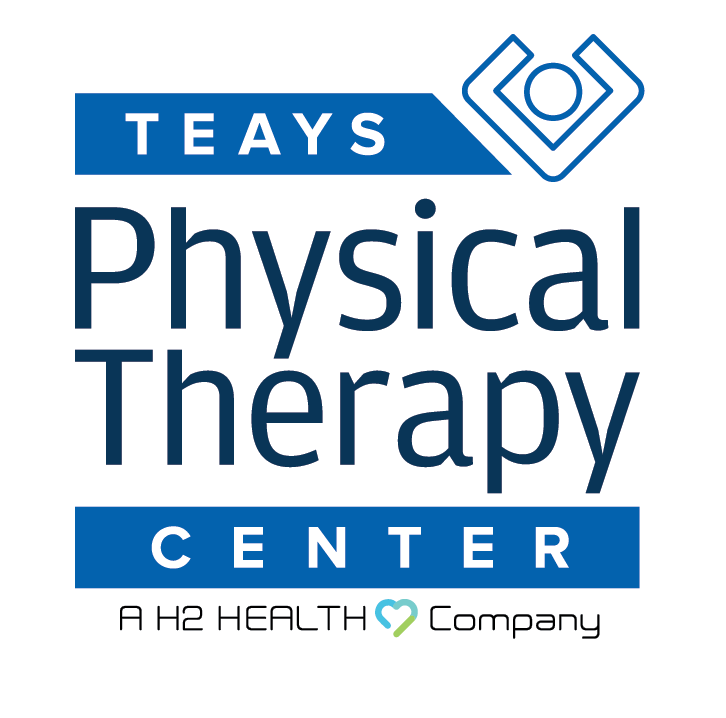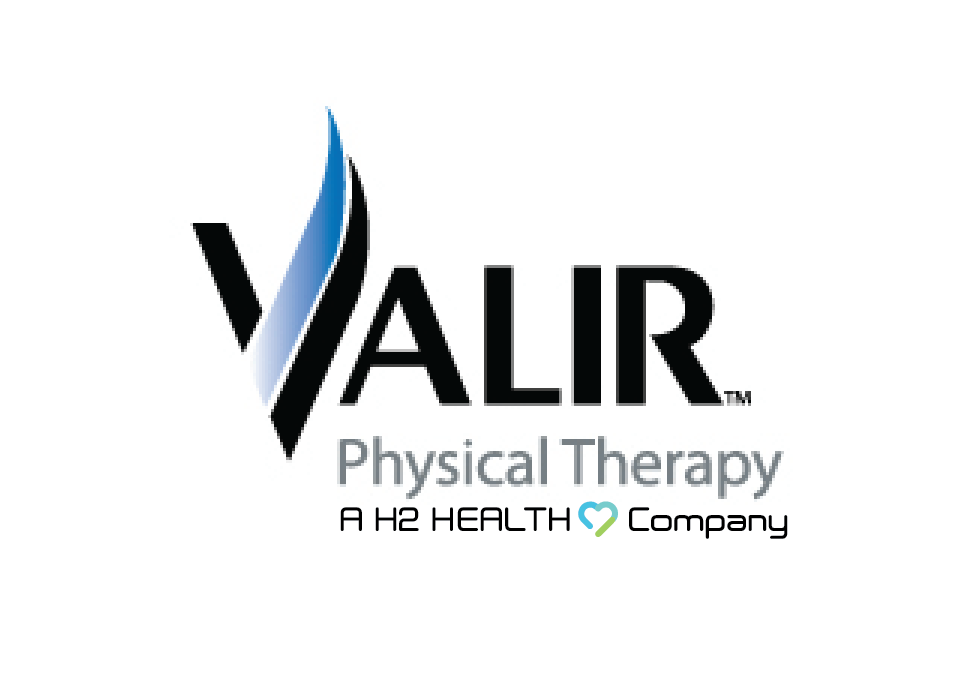
Recovering from surgery can be a challenging experience, not to mention dealing with the wounds and scars left behind. As much as the surgical procedure is important, the wound care following the surgery is equally important towards complete healing and recovery.
Proper wound care is not just about cleaning the wound, it’s also about preventing infections and reducing scarring. Let’s discuss the stages of wound healing and the best practices and healing tips for wound care in post-operative therapy.
Stages of Wound Care
Understanding the stages of wound care is vital to ensuring proper healing and recovery. Wound healing occurs in four stages; each stage is crucial in facilitating the healing process and minimizing potential complications.
1. Hemostasis
Hemostasis is the initial stage of wound healing that begins immediately after an injury. Its primary function is to stop the bleeding by sealing off the wound. The body accomplishes this through a complex process known as coagulation, where platelets clump together to form a clot, effectively plugging the wound and preventing further blood loss.
2. Inflammation
Following hemostasis, the wound enters the inflammation stage. In this phase, the wound becomes red, swollen, and painful. This is a normal part of the healing process, as the body’s immune system protects the wound from further damage and bacteria.
At the same time, the body starts to remove worn-out tissue, and cells necessary for tissue growth begin migrating to the wound site.
3. Proliferation
The proliferation stage marks the beginning of new tissue formation. In this phase, the body produces collagen fiber, epithelial cells, and keratin, all of which work together to close off the wound and promote healing. The newly formed tissue provides a protective barrier, preventing further harm and facilitating the healing process.
4. Maturation
The final stage of wound healing is maturation. During this phase, the wound starts to fade as the new tissue becomes stronger and more elastic. This strengthening process involves replacing one type of collagen with another, adding more layers of cells to the wound site. The maturation stage can last for several months, marking the completion of the wound-healing process.
Best Practices for Post-Operative Wound Care
Post-operative wound care promotes rapid healing without complications and achieves the best functional and aesthetic outcomes.
Follow Your Surgeon’s Instructions
Always follow your surgeon’s instructions regarding wound care. They may have specific recommendations based on the type of surgery you had, your overall health, and the location and size of your wound.
Cleanliness is Key
Maintaining cleanliness is essential in preventing infection. Always wash your hands thoroughly before touching the wound or changing dressings. Always use clean and sterile materials, such as saline solution, sterile water, hydrogen peroxide, or iodine solution for cleaning the wound.
Avoid using cotton wool or swabs as they may leave fibers in the wound. It’s always better to dab the area surrounding the wound softly with sterile gauze, ensuring the cleaning solution only touches the affected area.
Dressing Changes
Your surgeon will guide you on how often to change your dressing. It’s vital to do this in a clean environment to minimize the risk of introducing bacteria to the wound.
Gently apply the dressing to the area around the wound to create a protective layer but ensure not to place adhesive tapes directly on the wound as they can cause irritation or even lift the dressing.
Monitor for Infection
Look out for signs of infection, such as increased pain, redness, swelling, foul-smelling discharge, or fever. If you notice any of these symptoms, contact your doctor immediately.
Tips to Promote Healing of Wounds
Here are some easy tips that can significantly improve the healing of wounds.
Eat Healthy Diet
What you eat can significantly impact your body’s ability to heal itself. Consuming a balanced diet rich in protein, vitamins A and C, and zinc can promote wound healing.
Stay Hydrated
Adequate hydration is essential for proper wound healing. It helps maintain skin elasticity and assists in flushing out toxins from the body.
Rest and Recover
Give your body plenty of time to rest and recover. Overexertion can delay the healing process and increase the risk of complications.
No Smoking
Smoking impairs the body’s healing process by constricting blood vessels and reducing oxygen flow to the wound area. If you smoke, consider quitting or at least refraining during the recovery period.
Post-Operative Therapy in Live Oak, FL
Proper wound care in post-operative therapy is crucial for a successful recovery. By adhering to best practices and implementing the healing tips mentioned in the above section, you can ensure their wounds heal effectively and efficiently.
At H2 Health in Live Oak, FL, our team of highly trained and skilled therapists specialize in the art and science of wound care. They not only assist with the healing process but also guide patients through their rehabilitation journey post-injury and post-surgery. By integrating their extensive knowledge with the latest techniques, they ensure that wounds heal correctly and efficiently, facilitating a smoother, pain-free recovery after an injury or surgery.
For more information, call us today at our location near you or fill out our easy-to-use appointment request form. We look forward to serving you!




































